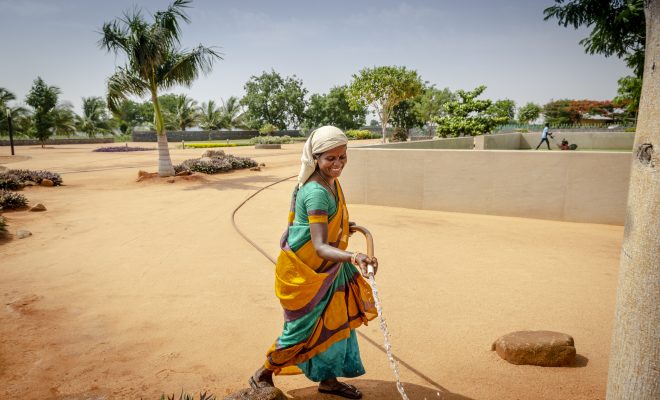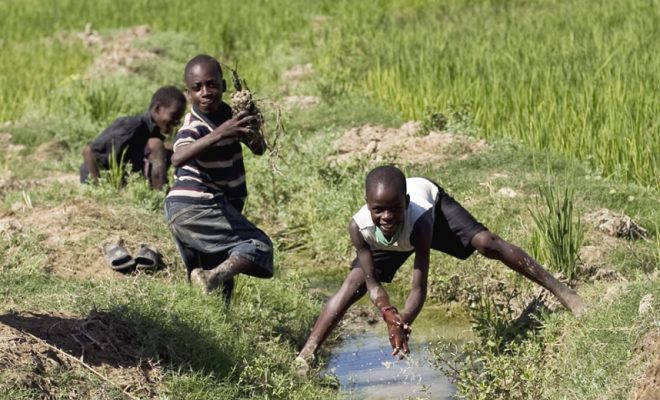
According to the World Bank, more than 80 % of the wastewater generated in the world returned to the ecosystem without being treated in any way© World Meteorological by Paul Feikema Water Ways
The crisis of the pandemic has set off all the alarms about the future of the Agenda 2030 synthesized in the 17 SDGs. The prospects that the prioritization of economic recovery would lead governments, businesses and civil society representatives to abandon many efforts in the development of strategies to achieve Agenda 2030 were well founded.
However, different reports issued by consulting firms, banks and institutions in the last few weeks have shown that the economic world sees the unexpected opportunity represented by the recovery from the pandemic to change some aspects of the economic structure of industrialized countries, stimulating investments in the green economy.
Reaction at the height of the pandemic
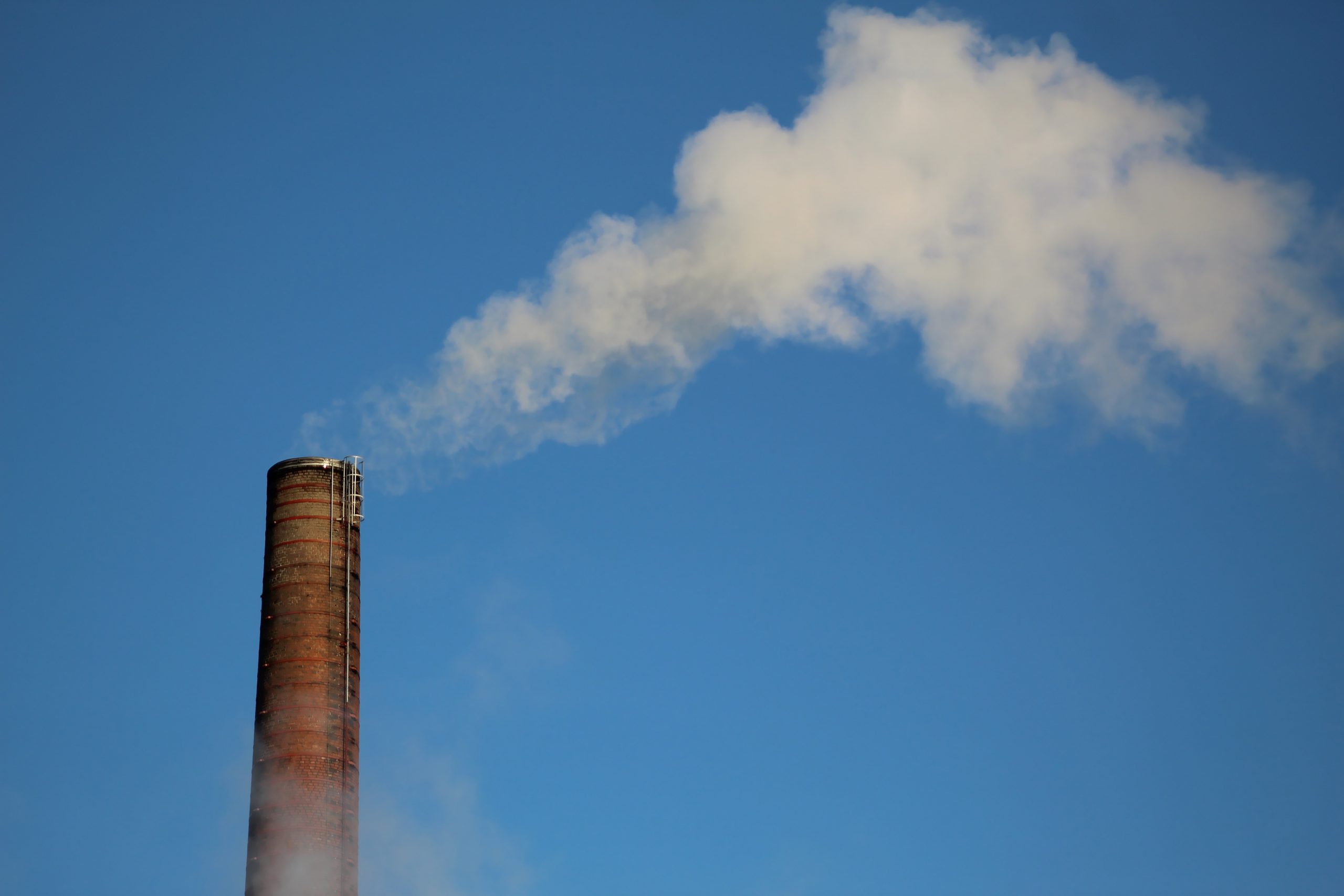
The most polluting countries like China and the European Union have reaffirmed their commitment to climate action. © anne-nygard–unsplash
The health crisis has momentarily cut short many advances in the path towards the SDGs but we do not know what the exact damage has been. How important has this setback been? It is too soon to find out. The postponement of the COP 26 in Glasgow to November 2021 was not good news, but at the 75th annual General Assembly last September, the Secretary-General, António Guterres, and the UK Prime Minister, Boris Johnson, announced they would be cohosting an historic global event that will bring together world leaders on the 12th December to drive much greater climate action and ambition.
This is a hopeful attitude that is corroborated by reports mentioning that, during this past month, the most polluting countries like China and the European Union, as well as companies and local authorities around the world, have reaffirmed their commitment to climate action. China has expressed its commitment at the UN to reach carbon neutrality by 2060. The European Commission, on the other hand, has proposed an increase in its emission reduction goals for 2030 and has established climate neutrality for the middle of the century. Europe has defined green transition as one of the foundations of the recovery plan, with a budget of 750 billion euros. Another major gas emitter, the U.S.A., is awaiting presidential elections; Joe Biden, in the event of a victory, has shown his commitment to reducing greenhouse gas emissions to zero by 2050.
An opportunity for the SDGs
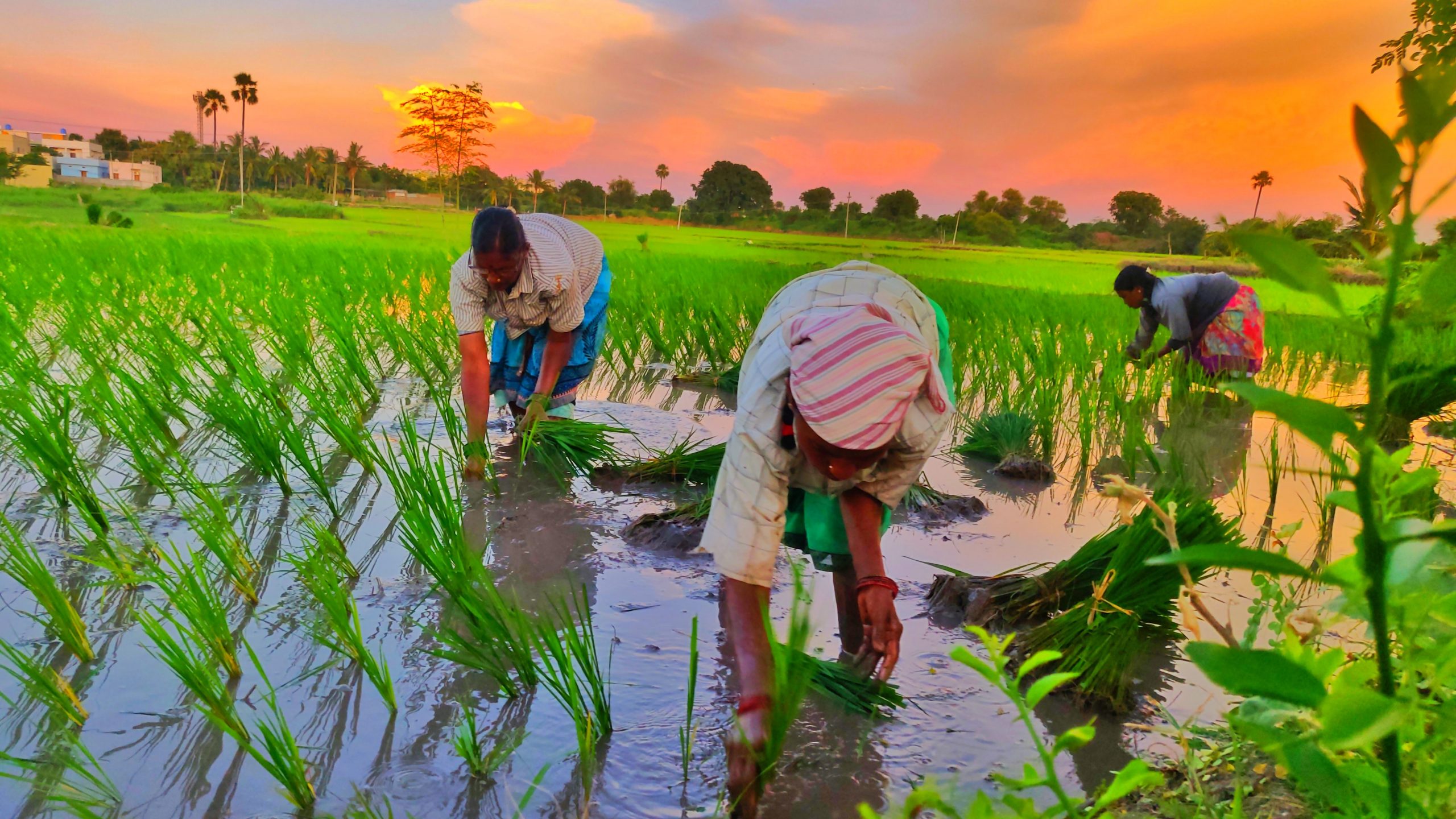
All sectors require efficiency in the use of water; but agriculture, which consumes between 70 and 75% of the fresh water in the world, is the one that requires the most. © prahlad-inala-unsplash
It is a good sign for investors, the necessary financial driving force for the green transition, and it should be a good sign for the water world whose problems related to the climate crisis are the most tangible and striking for citizens. The SDGs were established in 2015, in a context in which the evidence of the climate crisis was already unquestionable for most people on Earth, who were sensitive to phenomena such as forest fires, floods and droughts, which are directly related to an easily understandable atmospheric warming. On the other hand, water scarcity, one of the effects of climate change, is a threat that reaches the inhabitants of industrialized countries. The water supply and quality problems occurred in many large cities in the last few years have made millions of inhabitants of the industrialized world aware of the importance of the problem: having no running water increases the awareness among citizens of the economically developed world. The climate crisis has therefore become an unexpected ally in communication. Today, at the height of the pandemic, it allows the recovery of the necessary consensus among civil society to face the enormous challenge of reaching the SDGs by 2030, and especially SDG 6, which refers to water and sanitation.
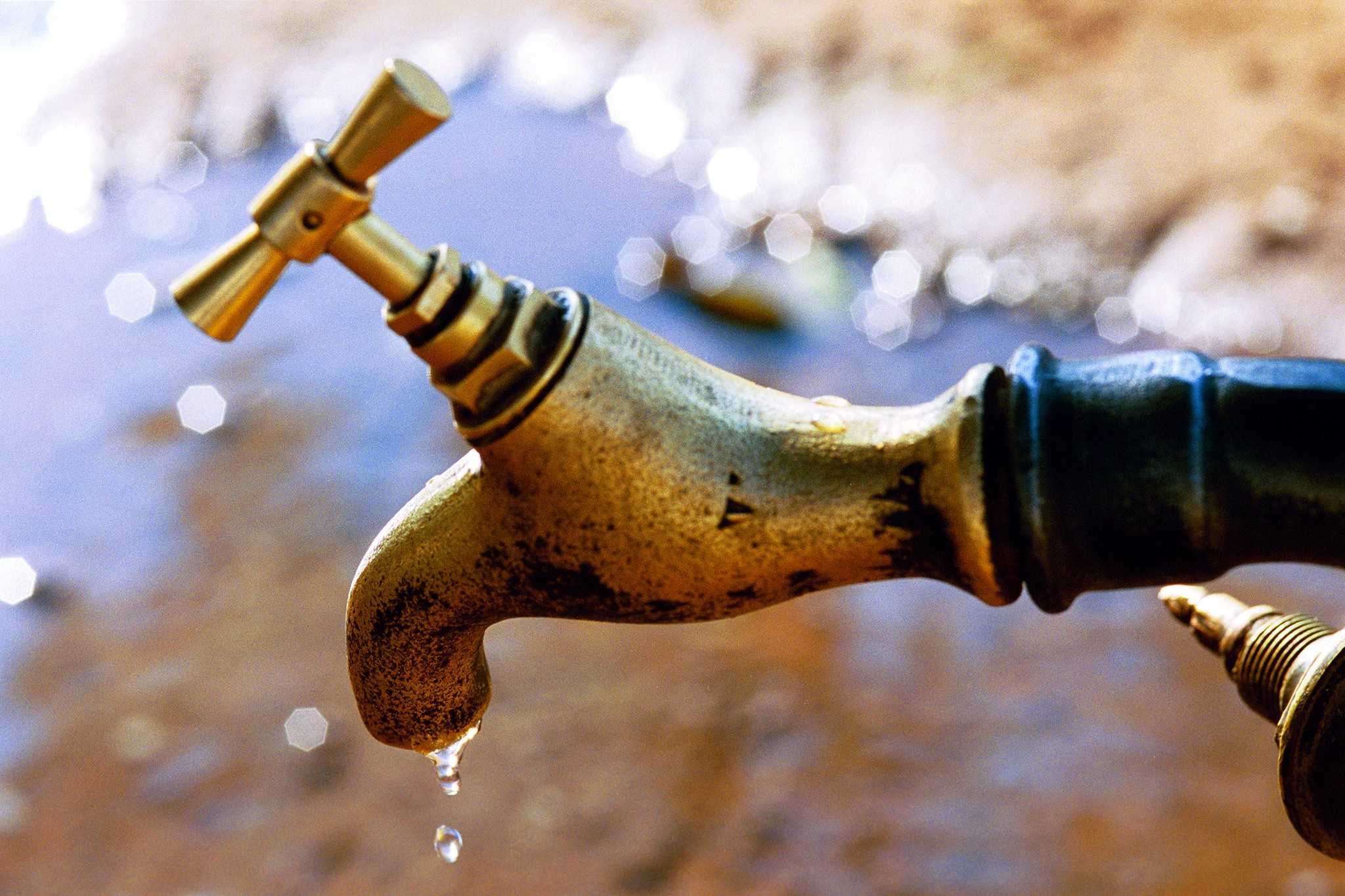
Having no running water increases the awareness among citizens of the economically developed world. © Photo/ Eric Miller/ World
In this regard, UN Water has published the status of the indicators of SDG 6. There are 12 indicators of this goal: drinking water, sanitation, hygiene, wastewater, quality of water, efficiency, hydric stress, water management, transboundary water, ecosystems, cooperation and participation. The information obtained in each one of these indicators is essential to assess the evolution of the SDG and to design strategies. Most of these indicators show data from 2017, but there are four which are fundamental due to their influence on all others, both from the human and environmental perspective, whose information is not updated and it is urgent to do so.
The indicator on the proportion of safely treated wastewater (6.3.1) does not have any updated information since before 2015 when, according to the World Bank, more than 80 % of the wastewater generated in the world returned to the ecosystem without being treated in any way. This factor, which is decisive for the health of people and the environment, is essential for all other SDGs and should have updated data as soon as possible.
The water-use efficiency (6.4.1),which defines the added value in dollars per volume of water in cubic meters extracted by a specific economic activity, does not have any data since 2015. All sectors require efficiency in the use of water; but agriculture, which consumes between 70 and 75% of the fresh water in the world, is the one that requires the most. The SDG 2, ending poverty, directly depends of the attainment of water efficiency.
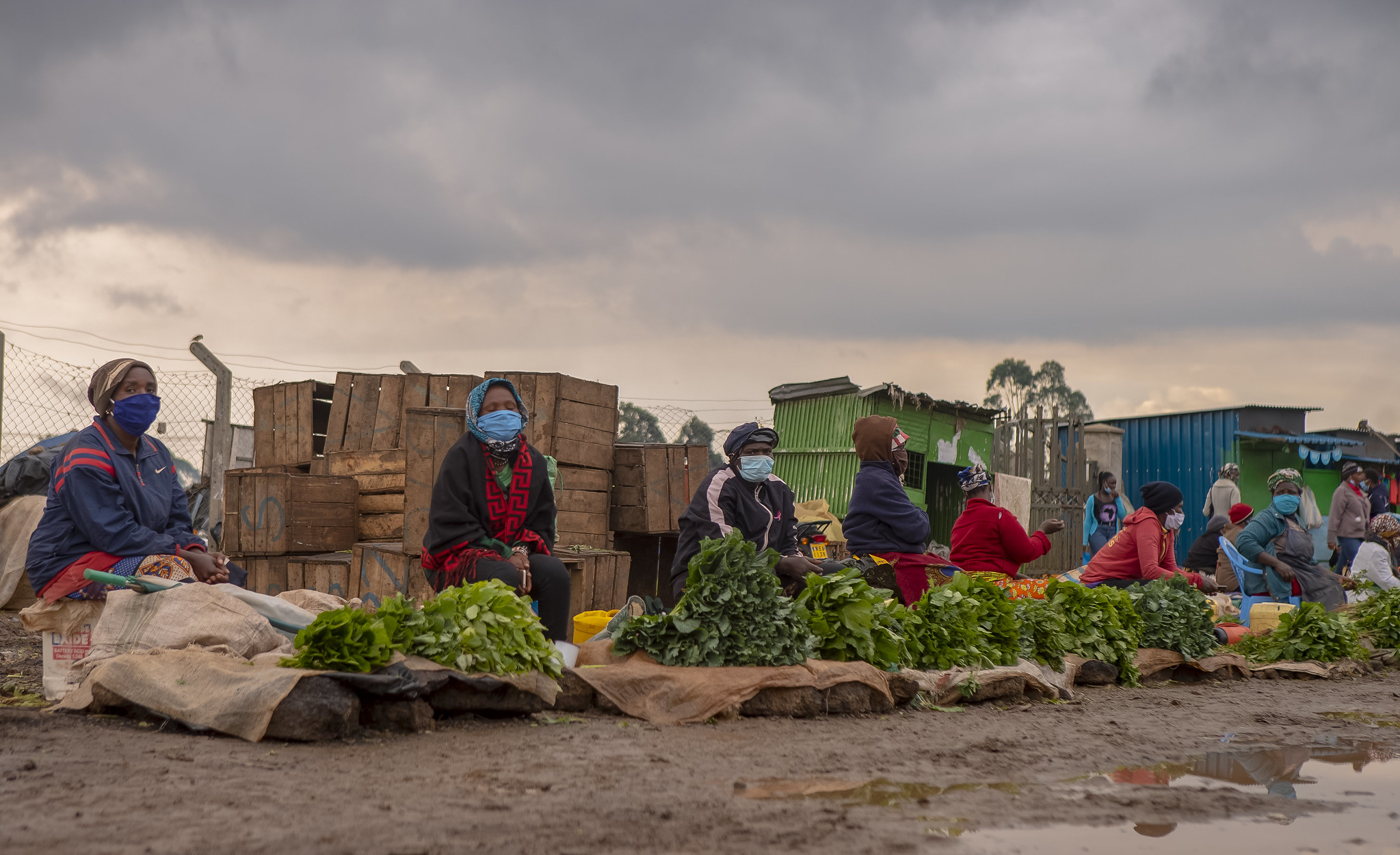
Ending poverty, directly depends of the attainment of water efficiency. © Photo/ World Bank / Sambrian Mbaabu.
The extension of water-related ecosystems (6.6.1) is another indicator that presents assessment problems. In 2016 there was no available information to estimate changes in their extension and the quality of water in them. The most important source of information for this indicator is satellite-based, a relatively new field of research but essential to assess the ecological balance of the planet.
Ambient water quality (6.3.2) is directly related to the previous indicator, and in this case the data is also prior to 2017. These are physicochemical data that determine the properties of water, both surface and groundwater, which make it suitable for human uses.
The hope for a change of mentality

Green economy shows that sustainability is compatible with long-term profitability © World Meteorological Organization by Lee Tsz-cheung
UN Water calls on governments and companies to invest in the assessment of these parameters, which are essential to design strategies well before 2030 with the aim of attaining SDG 6, and this investment proves to be worthwhile. Prospects before the pandemic were not promising, but it is evident that people are more aware of the need to protect the environment, as its deterioration is a severe problem for health and a determining factor for the future of mankind.
The economic and health crisis has greatly increased the debates, studies and surveys that show a greater awareness of the importance of sustainability. The conclusions of these studies seem to confirm the change in attitude of governments in their commitment to sustainability. The danger to survival, including that of businesses, lies in leaving sustainability behind, as neither companies nor their clients wish for an unsustainable world.
On the other hand, green economy shows that sustainability is compatible with long-term profitability. Paradoxically, the Covid-19 pandemic might be a driving force of the transformation of companies and society itself, the real catalyst for a change that must not be stopped.




